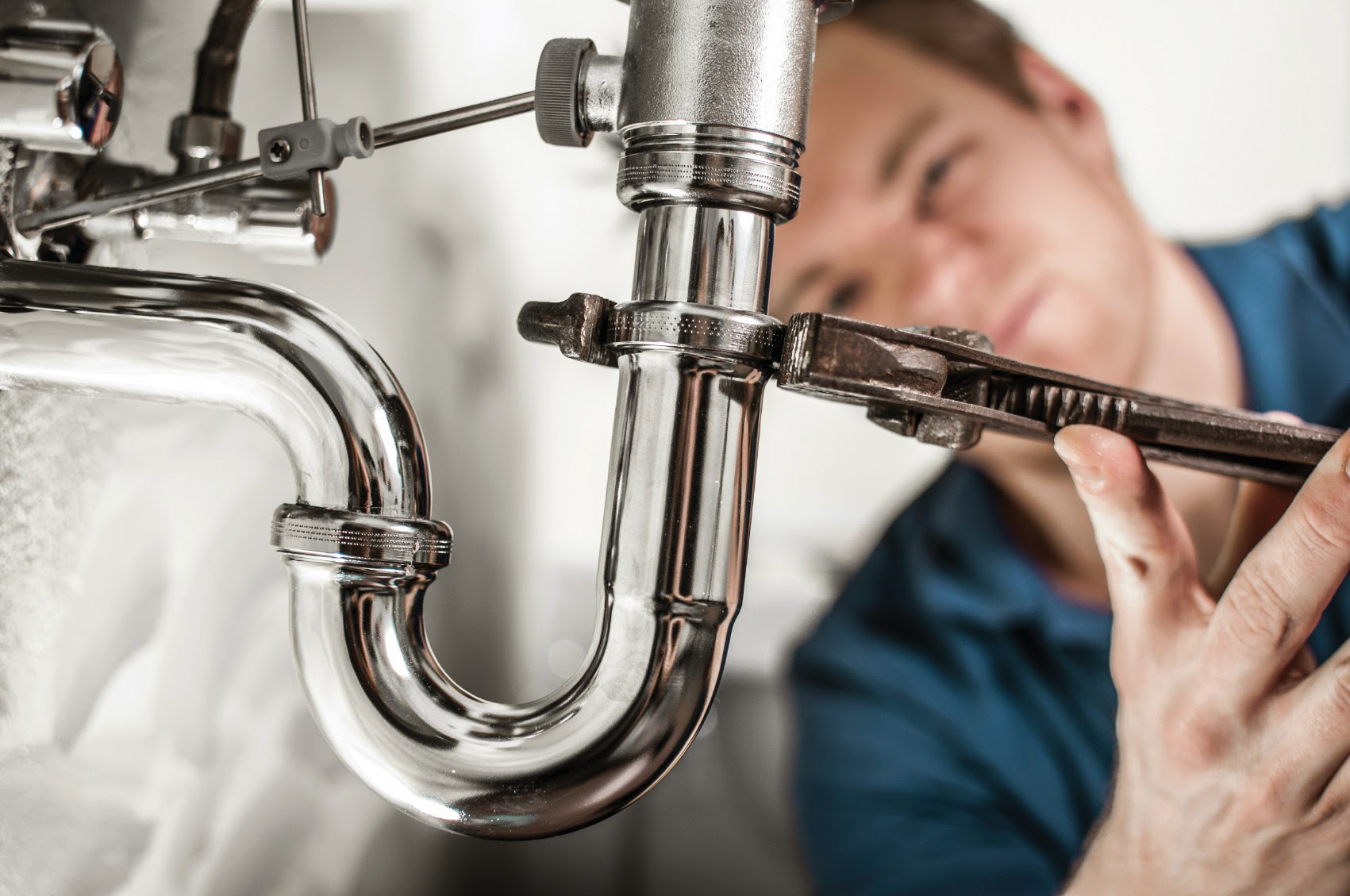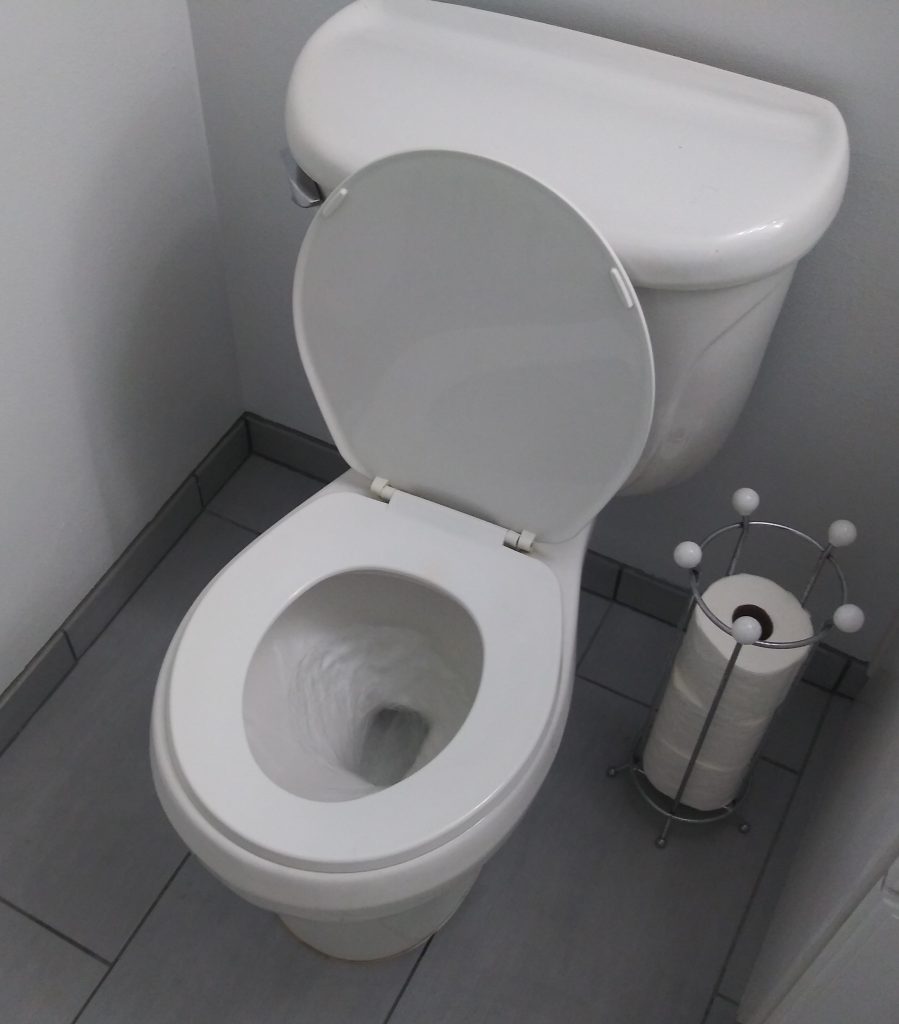5 Recurring Reasons for Water Leaks
5 Recurring Reasons for Water Leaks
Blog Article
Were you trying to find additional info concerning Reasons for Water Heater Leaks?

"Beware of little costs. A little leak will sink an excellent ship." - Benjamin Franklin.
He couldn't have been more right due to the fact that water leakages in our homes cause a waste of sources, raising our water costs. This rise may seem minimal at first, it can lead to substantial costs that can damage your bank. Apart from a rise in expenses, water leakages likewise create unwanted natural development, structural damage, and also even electric risks.
Finding out if you have a water leak isn't always very easy as a result of being unable to see the majority of the pipework in your house. If you have had an increase in your water bills lately, saw water spots on ceilings and also walls, scented lousy odor, and so on. You could intend to think about requesting plumbing services to get it had a look at.
There are several reasons for water leakages, and also we have actually put together the common factors below. Examine to see if you have actually had related concerns in your house recently.
Damaged pipe joints
Pipe joints are the parts of our plumbing system where the pipes connect. It is vital to keep in mind that even though pipes are developed to endure pressure and last for a while, they weren't created to last permanently; for that reason, they would certainly weaken over time. An usual indication of damaged pipeline joints is too much sound from faucets.
High water pressure
You discovered your house water stress is greater than usual however after that, why should you care? It runs out your control.
It would certainly be best if you cared because your typical water stress must be 60 Psi (per square inch) as well as although your house's plumbing system is developed to stand up to 80 Psi. A boost in water pressure can place a stress on your home pipes and also result in cracks, or even worse, burst pipes. If you ever before notice that your home water stress is more than normal, contact an expert concerning regulating it.
Rust
As your pipework gets older, it gets weaker and much more prone to rust after the regular flow of water via them, which can gnaw at pipes and cause cracks. A visible indicator of deterioration in your home plumbing system is staining as well as although this may be hard to discover as a result of a lot of pipelines hidden away. We encourage doing a frequent checkup every couple of years as well as change pipelines once they are old to guarantee an audio plumbing system
Obstructed drains
Food bits, dirt, as well as oil can cause stopped up drains and also block the passage of water in and out of your sink. If undealt with, raised pressure within the rain gutters can end and also cause an overflow up breaking or rupturing pipelines. To avoid clogged drains in your home, we advise you to prevent pouring particles down the drain and normal cleansing of sinks.
Damaged seals
One more root cause of water leakages in houses is damaged seals of house appliances that make use of water, e.g., a dishwasher. When such devices are mounted, seals are mounted around water ports for very easy flow of water via the maker. Therefore, a damaged seal can trigger leak of water when being used.
With little or no understanding of plumbing, comprehending your residence's plumbing system enough to take care of a few of these concerns (without effect) can be a problem. Connect with plumbing experts in Pittsburgh, Providence, Rochester, and environ today, as well as they'll make those problems vanish.
He couldn't have been extra appropriate since water leakages in our houses result in a waste of resources, raising our water bills. If you have had an increase in your water costs lately, noticed water discolorations on wall surfaces and also ceilings, scented lousy smell, etc. A rise in water pressure can place a strain on your residence pipes and lead to splits, or even worse, burst pipes. Another reason of water leaks in homes is damaged seals of home devices that utilize water, e.g., a dishwashing machine. When such home appliances are installed, seals are mounted around water adapters for easy passage of water via the machine.
5 TIPS IN DETECTING A WATER LEAK IN YOUR HOUSE
Water leaks can be hard to find in your home, yet they can be so common. We rely on water every day in our home, which is why a leak can cause big problems. By detecting them early, you can save money and further damage, getting the problem fixed as soon as possible. Here are 5 tips to help you detect a water leak in your home, so you can contact a plumber straight away and get the issue sorted.
Check your water meter
Many people underestimate the value of the water meter in their home. It can be one of the best ways to tell if you have a leak early on, so you can get on top of it before issues start arising. Start by turning off all the water in your home: taps, washing machine, dishwasher, etc. Now take a look at the meter – if it’s still changing with everything turned off, it’s likely you have a fast-flowing leak that you need to get on top of straight away. If nothing changes, then leave your meter for an hour or two and come back to it. Did it change in this time? It’s likely you have a slower leak, which isn’t as urgent but still handy to get fixed so it doesn’t become a bigger problem.
Keep an eye on your bill
Another good way to detect a leak in your home is by keeping an eye on your water bill. It helps if you have a past bill from the same period of time. You can compare like for like and determine whether your water usage has increased significantly. If it has, there may be a leak in your system that you haven’t picked up before. A professional plumber can check through all of your pipes and determine where it is coming from.
Look for damage
If you have a leak inside your home, you will notice damage over time. Take a look at your showers and bathtubs and note whether any of the tiles surrounding the area seem to be discoloured or damaged in any way. There may be water stains, mould or peeling material that has resulted from a build up of moisture over time. Make sure you take a look under sinks at the back of cupboards that don’t get accessed regularly. This is where damage can go unnoticed and build up over periods of time.

As a serious reader about Where to Find Water Leaks, I imagined sharing that segment was valuable. In case you appreciated our blog post kindly make sure you remember to pass it around. Thanks a lot for your time. Come back soon.
Quote Report this page